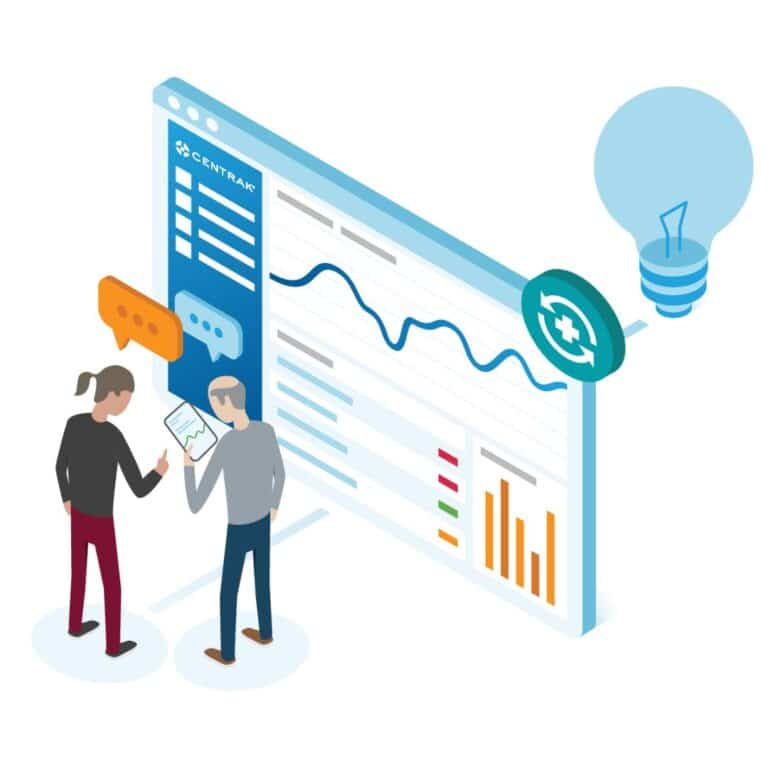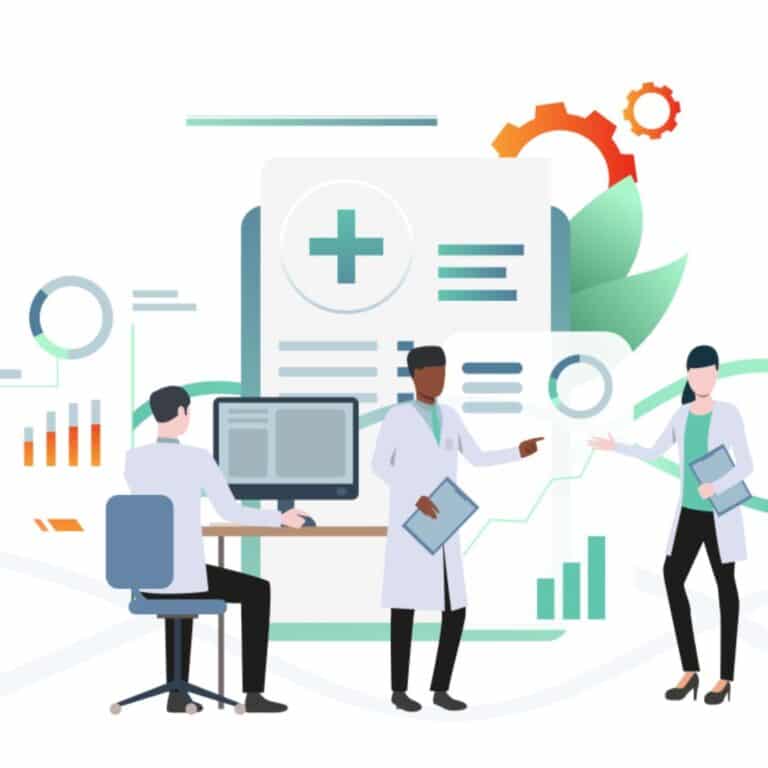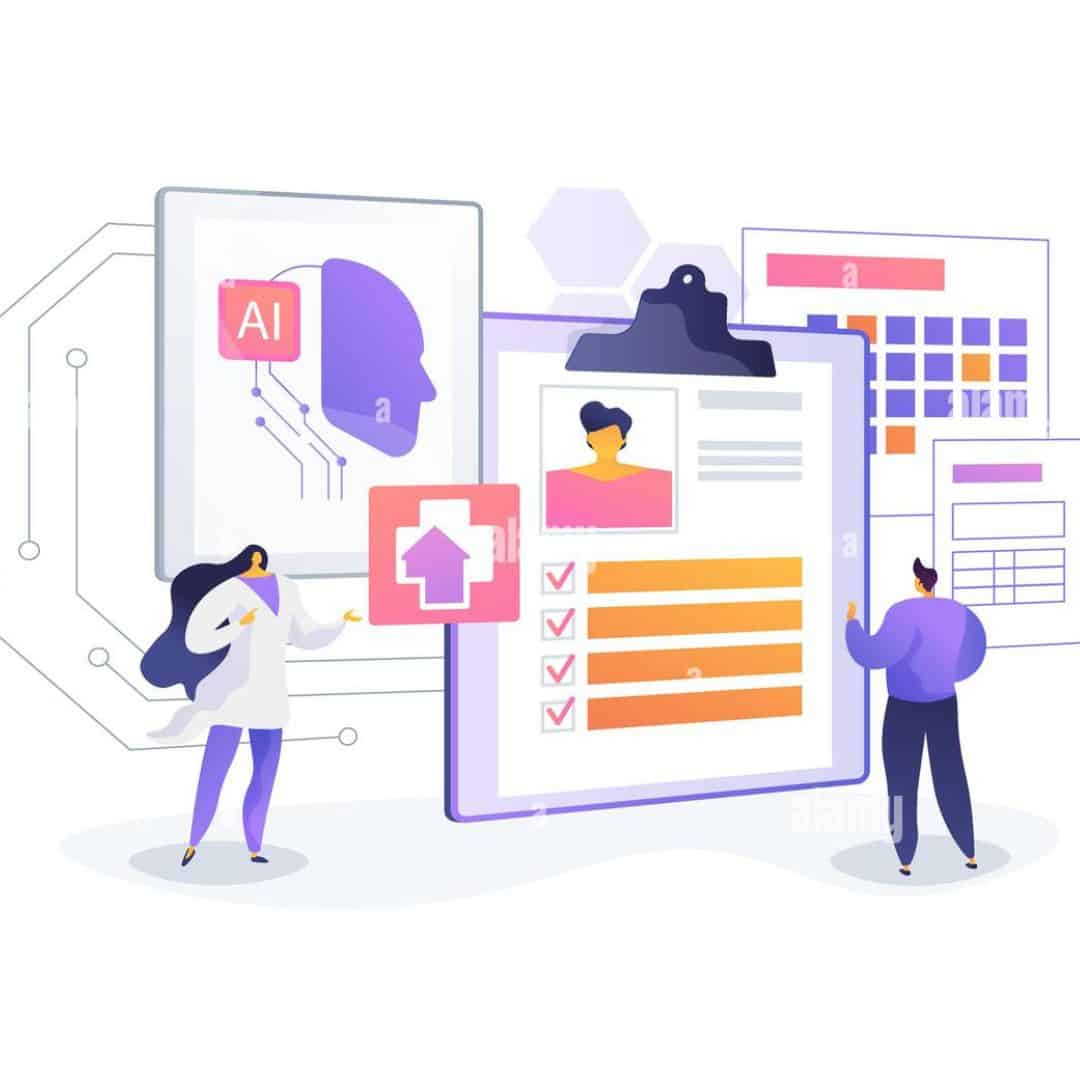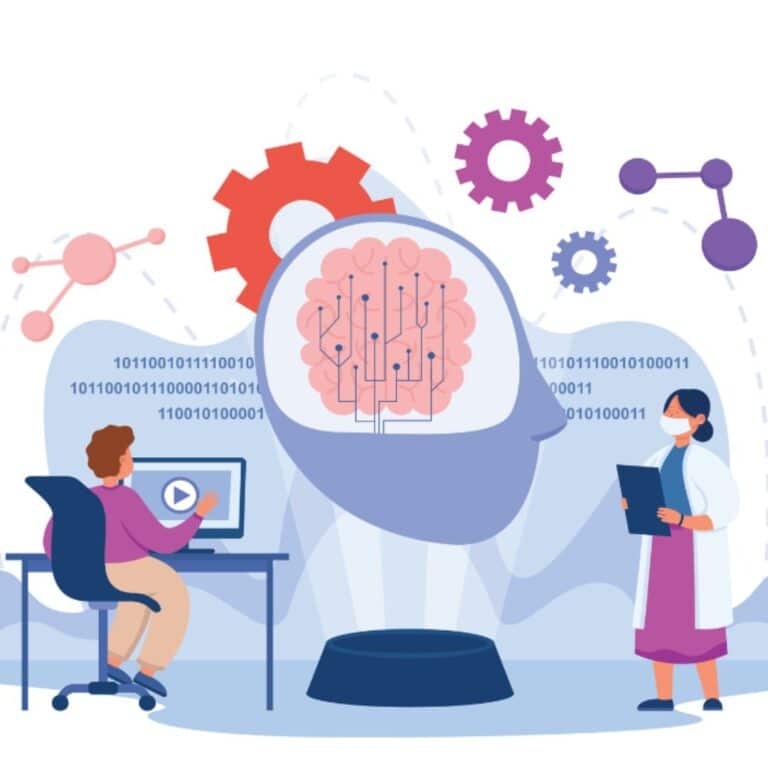Healthcare SERVICES
Innovative Solutions for Diagnosis, Treatment, and Personalized Patient Care
SERVICE 01
Clinical Workflow Optimization
Automating routine administrative tasks, such as documentation and scheduling, allows healthcare professionals to focus more on patient care.


SERVICE 02
Predictive Healthcare Analytics
GenAI predicts disease risks and outbreaks by analyzing population health data, enabling proactive healthcare interventions and resource planning.
SERVICE 03
Personalized Treatment Planning
By analyzing patient data, GenAI recommends personalized treatment strategies tailored to individual genetic, lifestyle, and health profiles.


SERVICE 04
NLP for Medical Records
NLP extracts meaningful insights from unstructured medical records, automating tasks like data classification, disease prediction, and patient history.
"The fusion of AI and healthcare is not just innovation—it’s life-saving transformation"
– Team DxNeural
Take the First Step Towards AI Excellence – Reach Out Now!
"Unlock the Future of Your Business with AI"
Artificial intelligence (AI) is revolutionizing the healthcare sector by improving patient outcomes, streamlining processes, and enabling personalized treatment. From AI in healthcare examples to exploring the role of AI in healthcare, this guide delves deep into the many facets of AI in the medical field. Read More..
Introduction to Artificial Intelligence in Healthcare
Artificial intelligence in healthcare refers to the use of algorithms, machine learning models, and data analytics to enhance medical outcomes. By leveraging vast amounts of medical data, AI is transforming how the healthcare industry diagnoses diseases, manages patient care, and develops treatment plans.
AI in the Medical Field: An Overview
The Role of AI in Medicine
The role of artificial intelligence in medicine is multifaceted. It aids in:
- Disease diagnosis and prediction.
- Personalized treatment plans.
- Enhancing administrative efficiency.
- Accelerating drug discovery.
AI in Disease Diagnosis
One of the most significant uses of AI in healthcare is in disease diagnosis. AI algorithms analyze patient data to identify diseases such as cancer, diabetes, and cardiovascular conditions early, often outperforming traditional diagnostic methods.
AI in Medicine and Healthcare
AI-powered tools like robotic surgery systems and virtual health assistants are now integral to modern healthcare systems. For example, AI-driven platforms assist doctors in analyzing complex medical images, reducing diagnostic errors.
Applications of AI in Healthcare
Key Applications of AI in the Medical Field
Applications of AI in healthcare span across various domains:
- Predictive Analytics: Predicting patient outcomes and identifying high-risk cases.
- Robotic Surgery: Enhancing precision in surgeries with AI-guided systems.
- Medical Imaging: Using AI to interpret X-rays, MRIs, and CT scans.
- Telemedicine: Empowering virtual consultations with AI-driven diagnostics.
- Drug Discovery: Accelerating the development of new medications.
Artificial Intelligence in Hospitals
Hospitals worldwide are adopting artificial intelligence in hospitals to manage patient records, schedule staff, and predict bed occupancy. AI also assists in clinical trials by identifying suitable candidates.
Benefits and Advantages of AI in Healthcare
Benefits of AI in Healthcare
The benefits of AI in healthcare are transformative, including:
- Faster diagnosis and treatment.
- Reduced healthcare costs.
- Improved patient outcomes.
- Enhanced accessibility to medical services.
Advantages of AI in Healthcare
The advantages of AI in healthcare extend to precision medicine and personalized care. AI systems analyze genetic, environmental, and lifestyle factors to tailor treatments to individual patients.
AI Use Cases in the Healthcare Industry
AI in Healthcare Examples
- IBM Watson Health: Used for cancer research and treatment recommendations.
- Google DeepMind Health: Helps predict patient deterioration.
- PathAI: Assists pathologists in diagnosing diseases more accurately.
AI in Healthcare Projects
Innovative AI in healthcare projects include:
- AI-powered chatbots for mental health.
- AI-driven wearable devices for monitoring chronic conditions.
- Predictive analytics platforms for hospital management.
The Impact of AI in Healthcare
How AI Helps in Healthcare
AI simplifies complex medical processes, reduces diagnostic errors, and ensures timely intervention. Tools like natural language processing (NLP) extract meaningful insights from medical records, improving decision-making.
Impact of AI in Healthcare
The impact of AI in healthcare is evident in:
- Reduced diagnostic and treatment timelines.
- Increased efficiency in managing hospital resources.
- Improved access to healthcare services in remote areas.
Future of AI in Healthcare
Healthcare AI Companies Shaping the Future
Leading healthcare AI companies include:
- NVIDIA: Developing AI tools for drug discovery.
- GE Healthcare: Focused on AI-enabled medical imaging.
- Siemens Healthineers: Leveraging AI for patient monitoring.
Future of AI in Healthcare
The future of AI in healthcare promises advancements in:
- Real-time disease monitoring using IoT devices.
- Predictive healthcare models for proactive patient care.
- AI-integrated wearable devices for health tracking.
AI in Healthcare India: A Growing Industry
In India, AI in healthcare is growing rapidly, with startups and government initiatives driving innovation. AI is being used for disease prediction, remote diagnostics, and improving access to affordable care in rural areas.
Real-Life Applications of AI in Medicine
- AI in Health Sector: Enhancing hospital operations and patient care.
- AI in Medical Field: Supporting research and development.
- Use of AI in Medical Field: Enabling precision surgery and robotic-assisted procedures.
- AI in Disease Diagnosis: Assisting in early detection of chronic illnesses.
How AI is Used in Healthcare
AI is used in multiple areas, from diagnostics to operations:
- How AI is Used in Healthcare: AI models analyze patient histories to recommend treatments.
- AI in Healthcare Industry: AI tools automate administrative tasks, reducing workload on healthcare providers.
Examples of AI Applications in Healthcare
- AI Health: Predictive analytics for chronic disease management.
- Artificial Intelligence in Hospitals: Managing ICU workflows.
- Healthcare AI Companies: Innovating drug discovery and development.
Challenges and Opportunities in AI and Healthcare
While AI and healthcare present numerous opportunities, challenges like data privacy, algorithm bias, and regulatory hurdles need to be addressed. Governments and organizations are working on frameworks to ensure ethical AI deployment.
Conclusion
Artificial intelligence in healthcare is reshaping the medical field, offering solutions to longstanding challenges and opening doors to innovative practices. From the use of AI in healthcare to its growing applications in hospitals, the impact of AI is undeniable. As technology evolves, the future of AI in healthcare looks promising, with endless possibilities for improving lives worldwide.
By embracing AI’s potential, the healthcare industry can achieve unprecedented levels of efficiency, accuracy, and accessibility. Whether it’s the advantages of AI in healthcare or its transformative role in the AI in healthcare industry, the synergy between AI and medicine is a beacon of progress.